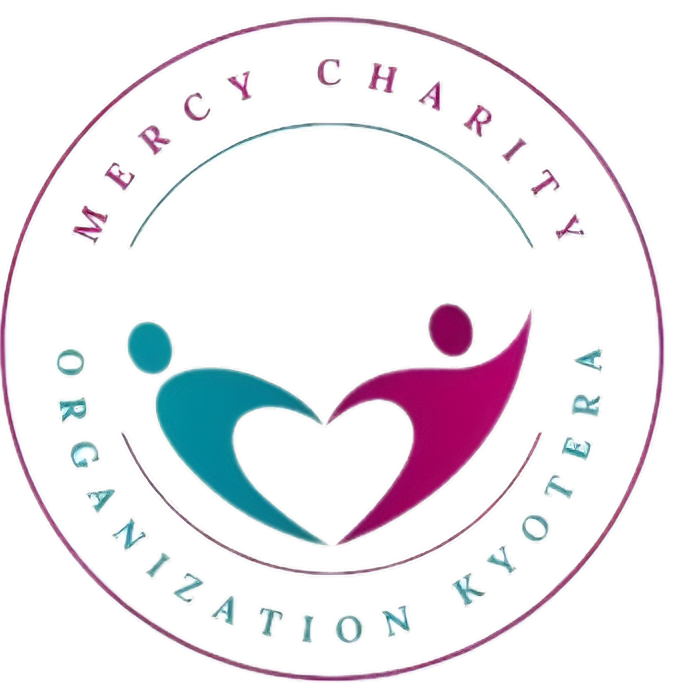Clean water is not just a basic necessity; it’s a fundamental human right and a cornerstone of sustainable development. Its significance spans across various aspects of life, from health and sanitation to agriculture and economic prosperity. In this blog post, we delve into the multifaceted importance of clean water and explore how it serves as a catalyst for positive change in societies worldwide.
1. Promoting Health and Well-being
Access to clean water is essential for maintaining good health and preventing waterborne diseases. Contaminated water sources are breeding grounds for pathogens such as bacteria, viruses, and parasites, leading to illnesses like cholera, dysentery, and typhoid fever. By ensuring access to clean water for drinking, cooking, and sanitation purposes, we can significantly reduce the prevalence of water-related diseases and improve overall well-being.
2. Enhancing Sanitation and Hygiene Practices
Clean water is also crucial for promoting proper sanitation and hygiene practices, particularly in marginalized communities and developing regions. Without access to clean water for washing hands, bathing, and maintaining hygiene, individuals are at higher risk of infections and diseases. By providing clean water infrastructure and education on hygiene practices, we can empower communities to lead healthier lives and break the cycle of poverty.
3. Fueling Agricultural Productivity
Agriculture is heavily reliant on water for irrigation, livestock watering, and food processing. Clean water sources are vital for maximizing agricultural productivity and ensuring food security. In regions where water scarcity or contamination threatens agricultural output, investments in clean water infrastructure and sustainable water management practices are essential for safeguarding livelihoods and supporting economic development.
4. Fostering Economic Growth and Development
Access to clean water is intrinsically linked to economic growth and prosperity. Industries ranging from manufacturing and energy production to tourism and healthcare rely on clean water for their operations. Moreover, communities with reliable access to clean water are better positioned to attract investment, create jobs, and stimulate local economies. By investing in water infrastructure and management, governments can lay the foundation for long-term economic development and poverty reduction.
5. Preserving Ecosystems and Biodiversity
Clean water is not only vital for human well-being but also essential for the health of ecosystems and biodiversity. Aquatic ecosystems depend on clean water to support diverse species of plants and animals. Pollution and habitat degradation pose significant threats to water quality and ecosystem health. By prioritizing conservation efforts and adopting sustainable water management practices, we can protect precious freshwater resources and preserve biodiversity for future generations.
Conclusion
In conclusion, clean water is more than just a liquid; it’s a lifeline that sustains life, supports livelihoods, and drives progress. By recognizing the importance of clean water and prioritizing investments in water infrastructure, sanitation, and conservation, we can ensure that everyone has access to this vital resource. Together, we can harness the power of clean water to build healthier, more resilient communities and pave the way for a sustainable future for all.


